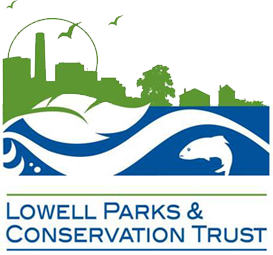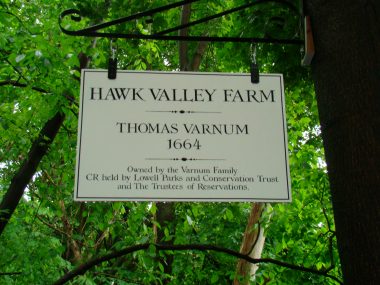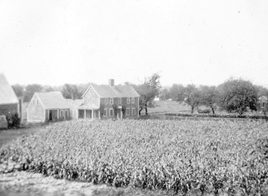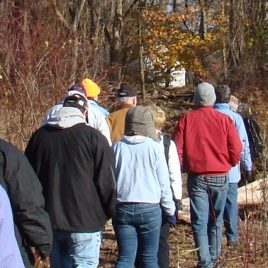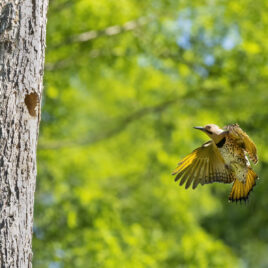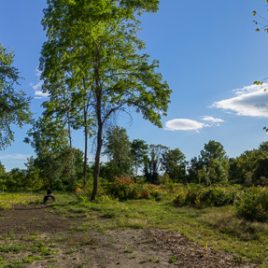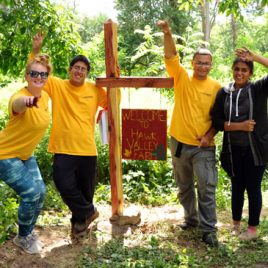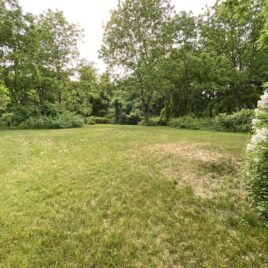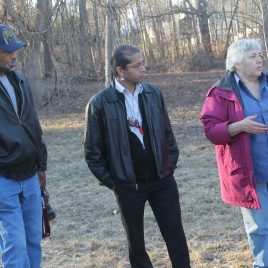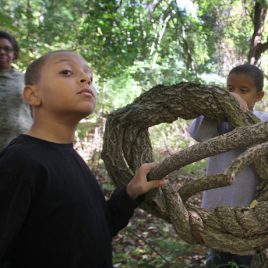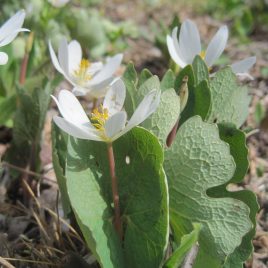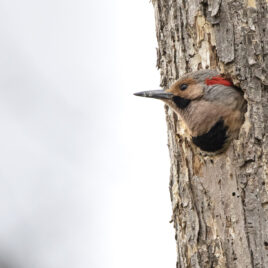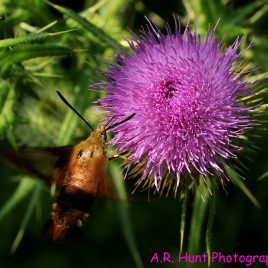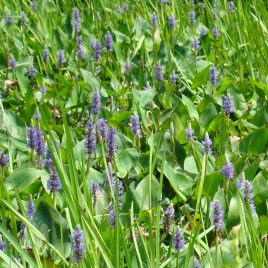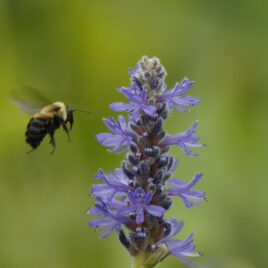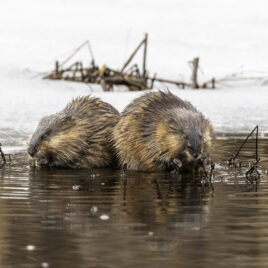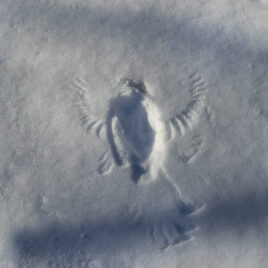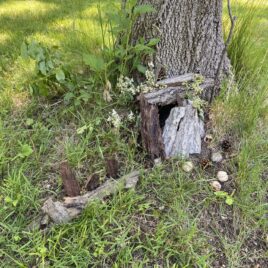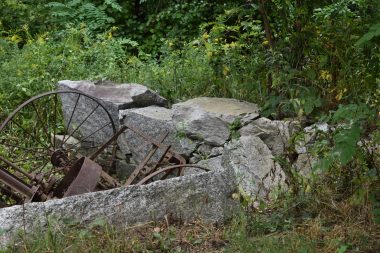Hawk Valley Farm
Visit
end of Varnum Terrace, Lowell, MA 01854
Open to the public for passive recreation
Parking: At the end of Varnum Terrace, Lowell. Bear right at the wooded cul-de-sac at the end of Varnum Terrace. You will see a sign for Hawk Valley Farm.
By foot: Hawk Valley Farm can be accessed by foot at 526 Varnum Ave, across from the West Meadow and Varnum Avenue intersection. Look for a large boulder and a historic white sign set back slightly in the woods. Take the path at the sign to enter Hawk Valley Farm.
ALL EVENTS MEET ON VARNUM TERRACE
Parking: Available along Varnum Terrace, off Varnum Ave., Lowell
Trails are accessible from both Varnum Avenue and Varnum Terrace.
Parking: At the end of Varnum Terrace, Lowell. Bear right at the wooded cul-de-sac at the end of Varnum Terrace. You will see a sign for Hawk Valley Farm.
By foot: Hawk Valley Farm can be accessed at 526 Varnum Ave, across from the West Meadow and Varnum Avenue intersection. Look for a large boulder and a historic white sign set back slightly in the woods.
A Great Place for a Peaceful Walk
Get away from it all at Hawk Valley Farm! Walk your dog, explore the banks of Clay Pit Brook, or check out the foundation of an old cabin. Imagine that this was once an area of extensive farming – explore Lowell’s pre-industrial landscape.
You can enjoy this property in all seasons. On a winter day you can catch a view clear to the Merrimack River, across Regatta/Anne Welcome Field. Winter is also a great time to look for tracks from abundant wildlife that you might not expect to see in Lowell. In the summer, the diversity of flowering plants changes the scenery every week.
View this aerial map to get a sense of how Hawk Valley Farm fits into the landscape of the Pawtucketville neighborhood.
*New in 2022!*
Check out the ArcGIS StoryMap made by photographer and LP&CT volunteer, Steven Nagle. The StoryMap contains Steve’s beautiful photos taken on the property along with maps, historical highlights, and his viewpoint on the importance of urban conservation.
What’s so special about Hawk Valley Farm?
-
Local schools can walk to the property to explore history and science outside the classroom.
-
Critical wildlife habitat: the property provides a critical wildlife corridor within a dense residential neighborhood.
-
Flood protection: the protection of Clay Pit Brook provides vital flood protection during times of high water.
-
Unique nut trees: black walnut, butternut, shagbark hickory.
Programs offered at Hawk Valley Farm (see events):
-
Owl Prowl
-
Natural textile dying (for yarn/fabric with the diverse plants found on site)
-
Wildlife tracking
-
Walking & Historic Tours
-
Family programs during school vacation weeks
-
Scouting programs
Learn more about Hawk Valley Farm:
Hawk Valley Farm Observed Bird List (download PDF, open in a new tab): Put together by local birders who say Hawk Valley Farm is one of their favorite spots.
Hawk Valley Farm Brochure (download PDF, open in a new tab): Based on the research, conducted by historian Gray Fitzsimons, noted below.
Property History: Historian and scholar-in-residence, Gray Fitzsimons, has written about the 350-year history of the property (download PDF, open in a new tab) and surrounding area. This research was supported in part by Mass Humanities, a state-based affiliate of the National Endowment for the Humanities.
Hawk Valley Farm Curriculum:
Hawk Valley Farm Scavenger Hunt Brochure (download PDF, open in a new tab)
Hawk Valley Farm History Lesson Plan (download PDF, open in a new tab)
*Special thanks to UMASS Lowell Professor, Dr. Pat Fontaine & her students for the creation of these educational materials.
